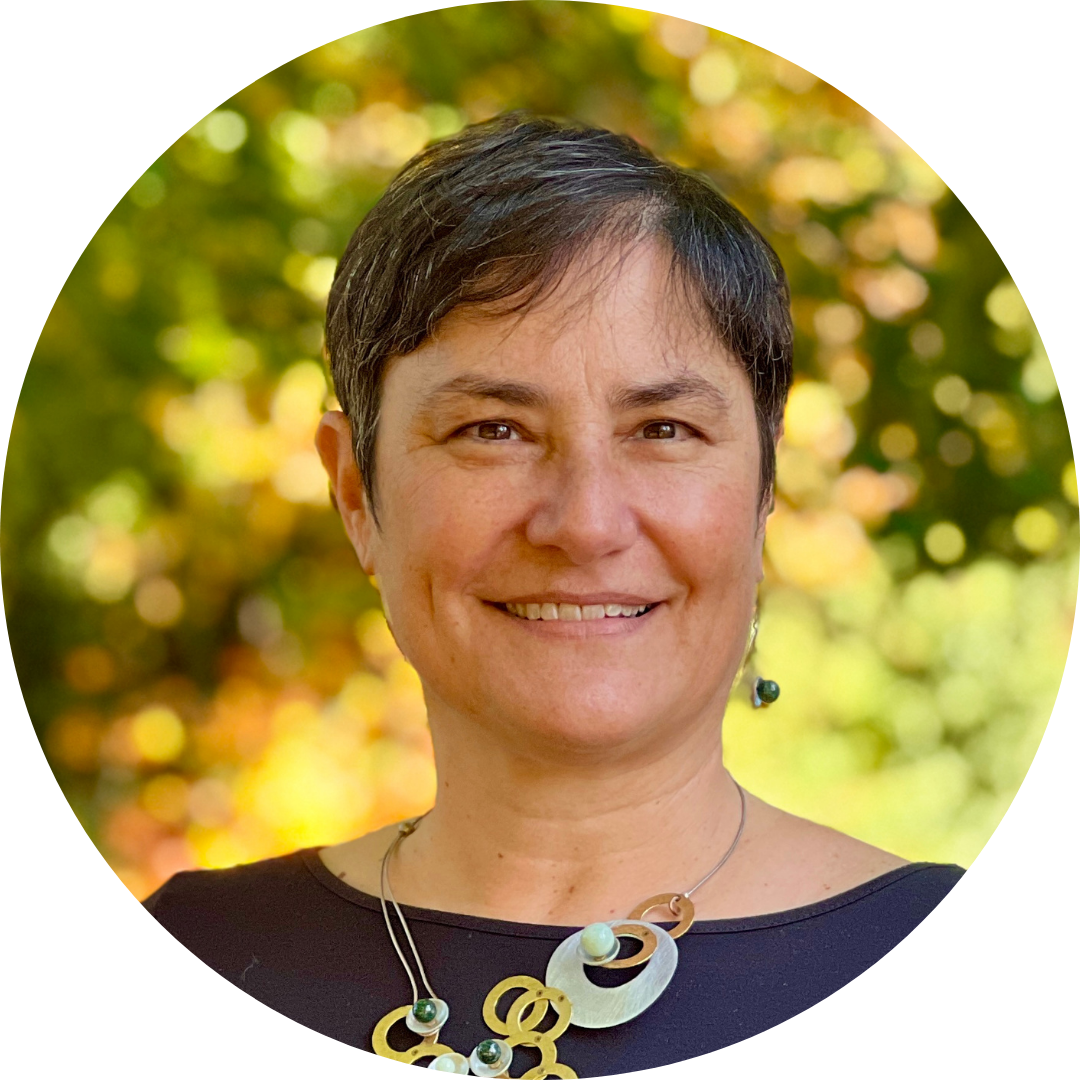Reconstructing Judaism, along with 137 people, undertook an experiment on Jan. 26 to bring to life our tagline: deeply rooted, boldly relevant. With the counsel and support of presidents of New York-area congregations, we focused our regional day of learning, an annual event, on “A Jewish Response to Homelessness.” Reconstructing Judaism partnered with Project Renewal, a creative and caring organization that provides housing, comprehensive health care and employment services to the unhoused, headed by Reconstructing Judaism board member Eric Rosenbaum. We are so pleased to share resources and videos from the day with you here, and hope that you will use them in your communities.
The opening keynote and breakout sessions combined a Jewish lens with insight from experts and practitioners on the ground. Eric Rosenbaum, along with Rabbi Lina Zerbarini, rabbi of Kehillath Shalom Synagogue of Cold Spring Harbor, N.Y. and also a member of the board of governors, jointly provided an overview of the state of homelessness in the New York area and a Jewish framework for action informed by Jewish teachings from across the breadth of Jewish civilization. (Her scenarios and texts are easily adapted to Torah study.) Participants then selected from five breakout sessions:
- Substance abuse, mental illness and homelessness
- Queer youth and homelessness
- Racism and homelessness
- Incarceration and homelessness
- NIMBYism (“Not in My Back Yard”) and homelessness
We reconvened for a closing plenary on political responses to homelessness featuring Manhattan Borough President Gale Brewer and two members of the New York City Council, Mark Levine and Helen Rosenthal, and ended with a delicious wine-and-cheese reception catered by City Beet, which trains homeless people to work in the culinary industry. Participants were also invited to take action by joining with Project Renewal the following day as the New York City Department of Homeless Services conducted its annual Homeless Outreach Population Estimate (HOPE), a citywide community volunteer effort to count every New Yorker sleeping on the street.
We chose this topic because of its ever-increasing relevance in contemporary lives. Anyone who walks the streets of American cities and increasingly towns encounter people who are unhoused. We are continuously confronted with the questions: “What can I do? What should I do?” We know that our Jewish legacy can offer guidance for this moral challenge, even if our ancestors couldn’t necessarily imagine the scope of our present-day economies and the challenges they create. The participants began the day prepared to listen and learn, and to reconstruct as necessary. And the organizers shaped the day to encourage us to think about our personal obligations — as individuals, as Jews, as community members — and about political opportunities and obligations.
In my opening remarks for the day, I reflected on facing discomfort forthrightly as a path towards living with integrity. Looking at homelessness — the topic writ large, as the overall program did, or at individuals who are homeless, as Eric Rosenbaum encouraged us all to do — can be very uncomfortable, and can challenge core beliefs and practices. Judaism charges us to come together in community, refracted most concisely in the obligation of constituting a minyan. This collective understanding is a powerful counter-teaching to the radical individualism rampant in modern society. Part of the power of Reconstructionist Judaism is that we are demonstrating what it means to be in community as non-halakhic Jews — that is, when we are in relationship with, but not bound by, halakhah. We are working through and living out ways that we might voluntarily give up some of our autonomy in the service of a larger commitment. We understand ourselves to be a community of voluntary obligation — within our congregations and possibly across the larger Reconstructionist or liberal Jewish community. Yet as Rabbi Aryeh Cohen teaches in his book Justice in the City: “Homelessness strikes at the heart of [a] community of obligation. Being part of a community involves being somewhere… Having no address, having no home, brings in its wake having no community.” Engaging with this topic pushed us all individually and collectively, as Jews and as citizens. What a perfect Reconstructionist undertaking.
The experiment was a success. The 130-plus participants in the New York Day of Learning engaged in learning and discussion that was indeed at times uncomfortable, and always deep and soulful. At Reconstructing Judaism, we were, as always, thrilled to bring people together, to share the wisdom and depth of Reconstructionist rabbis and lay leaders, to partner in this instance with an extraordinary organization. Through the sharing of resources, we hope that folks across the Reconstructionist movement will engage in this topic and feel that they, too, are part of something larger than themselves and their home congregation — part of a movement that is meaningful and worthwhile.








